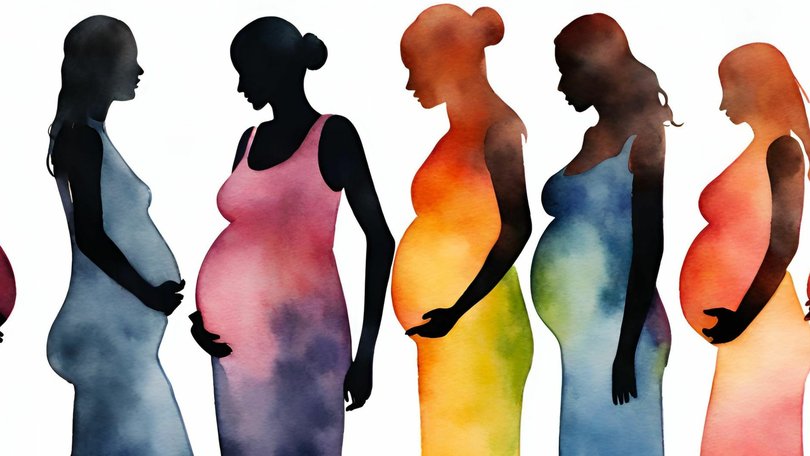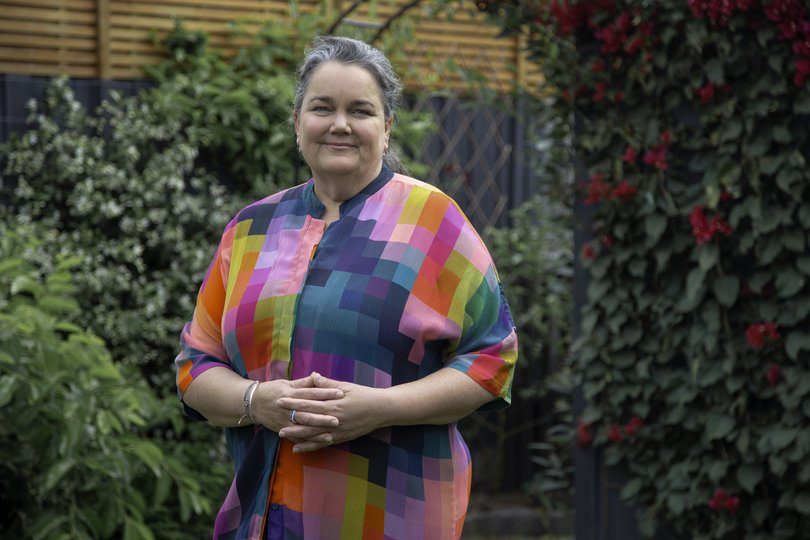JULIE BORNINKHOF: New audio resources to help close mental health divide for new parents in CALD communities

Despite being one of the most multicultural countries globally, Australia’s mental health services still inadequately represent its diverse population.
It’s crucial now, more than ever, to reassess our national approach to mental health and embrace the rich tapestry of cultures that call Australia home.
For the past five years, Perinatal Anxiety and Depression Australia (PANDA) has diligently worked to address the access issues faced by culturally and linguistically diverse (CALD) communities.
Sign up to The Nightly's newsletters.
Get the first look at the digital newspaper, curated daily stories and breaking headlines delivered to your inbox.
By continuing you agree to our Terms and Privacy Policy.Sadly, these communities are too often left behind when it comes to accessing traditional mental health support.
One of the unique challenges faced by individuals from multicultural backgrounds, particularly in the perinatal period, is the sense of isolation and detachment from their traditional support networks.
Many immigrants leave behind communities where discussions around mental health are taboo or unfamiliar, making it even more challenging to seek help.
The stress of adapting to a new country, coupled with language barriers, can exacerbate feelings of anxiety and depression during pregnancy and early parenthood.
Our mission is to ensure no one slips through the cracks in accessing mental health services and to empower individuals to seek support.

We’ve worked diligently to cultivate multicultural approaches, such as staffing PANDA’s helpline with professionals equipped to work with translators and written resources translated into diverse languages.
Nevertheless, we acknowledge that for many CALD communities, written materials alone may not be adequate.
For this reason, we have launched a new range of audio resources to fill a critical gap in providing accessible support. It will be the first time in Australia that multicultural communities can access translated mental health tools, which will be both free and accessible online.
Over seven million people in Australia are born overseas, representing nearly 28 per cent of the population, and approximately 3 per cent report limited English proficiency.
Despite this, accessible mental health services delivered audibly in various languages have not existed in Australia before.
For many different communities around the world, conversations around mental illness and vulnerability are not commonplace or relevant.
Getting people connected to information that allows them to be more open in the conversations that they have, and being able to ask for help quicker – whether it’s within the medical system or within their social system – is really important.
From our own consultation with these communities, we know that having recorded and translated content is crucial in not only digesting the information but also feeling comfortable to share with their community.
The translated ‘grounding exercises’ offer five-minute guided breathing and mindfulness strategies to help individuals shift their focus to the present moment and regain a sense of calm.
These exercises are not just translated versions of English content but are also inclusive of cultural context, ensuring relevance and resonance within diverse communities. Whether it’s a new parent struggling with postpartum anxiety or an individual experiencing stress due to life transitions, these exercises offer self-care.
Our selection of languages for the initial release was based on careful consideration of the most prevalent immigrant populations across Australia.
Languages such as Arabic, Hindi, Simplified Chinese, and Dari were prioritised to ensure broad accessibility across different communities.
I urge all stakeholders, including healthcare providers, community leaders, and policymakers, to join us in championing culturally informed mental health initiatives and ensuring that no one is left behind in the journey toward mental wellness.
Julie Borninkhof is the CEO of Perinatal Anxiety and Depression Australia
